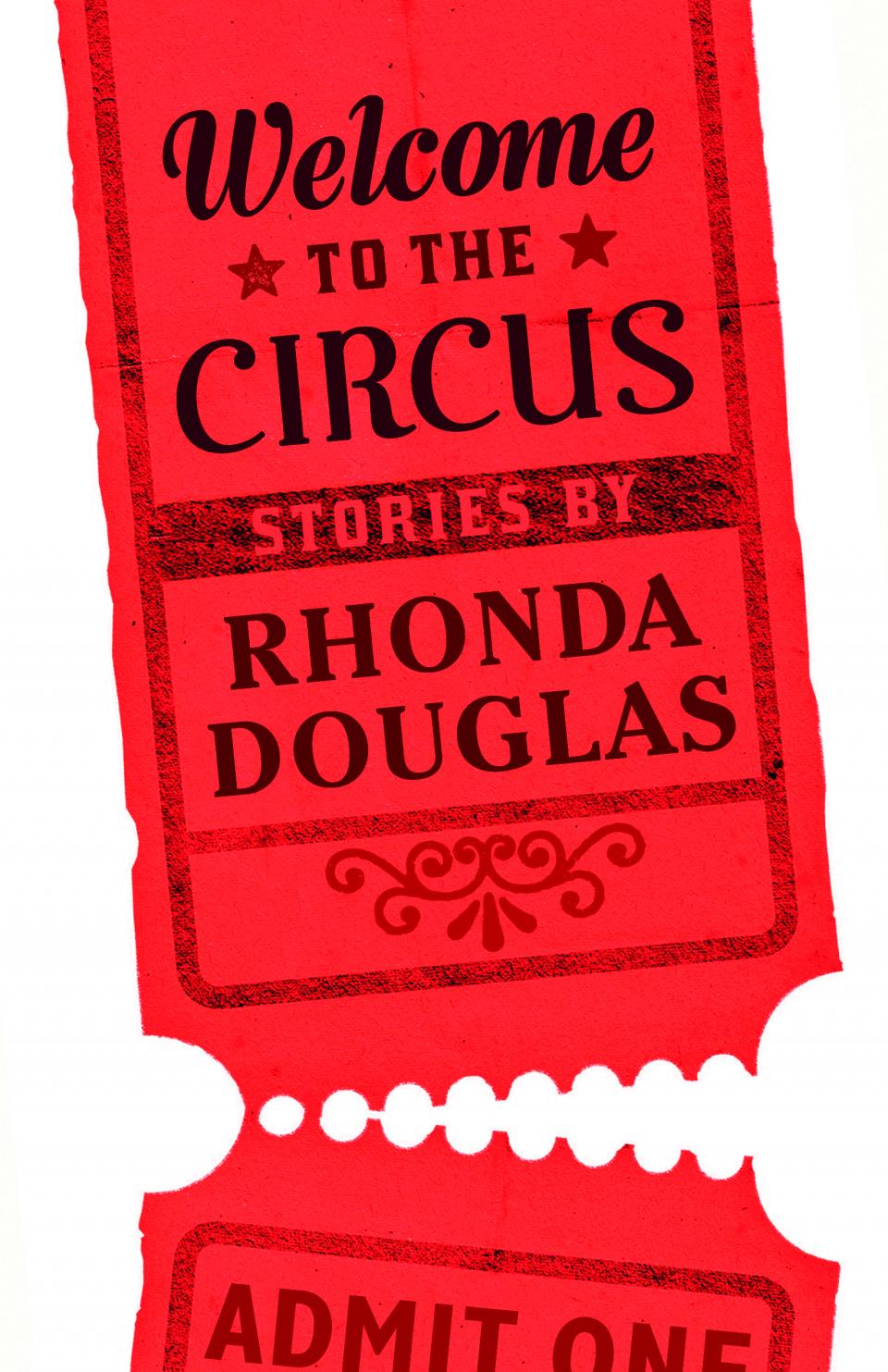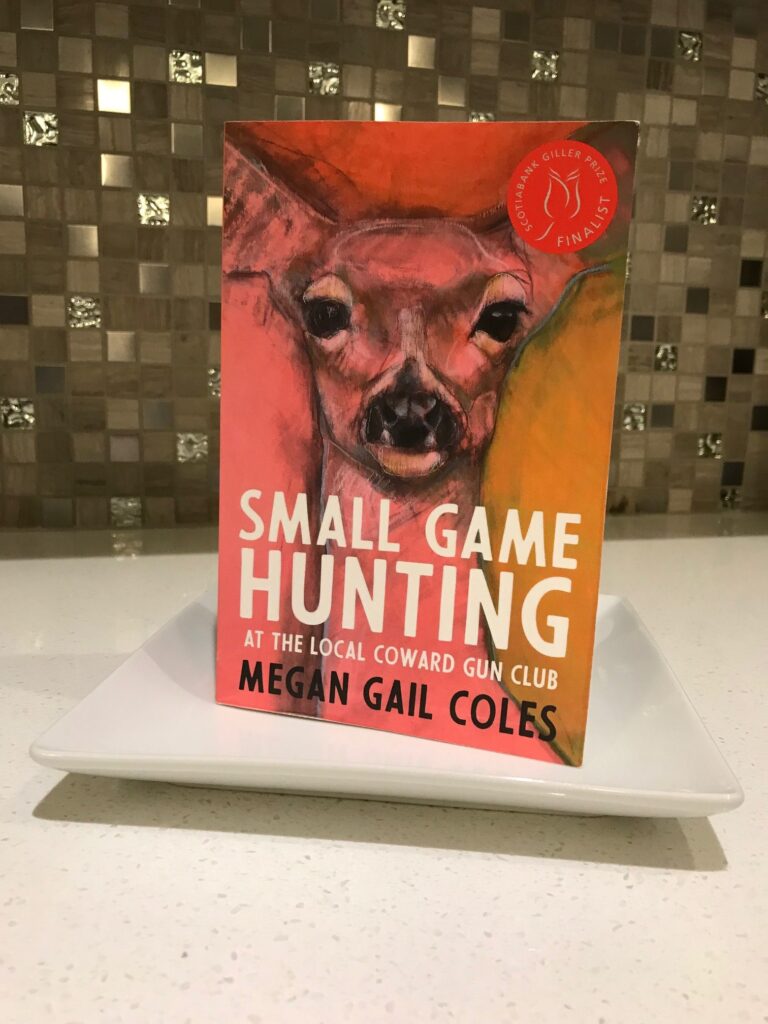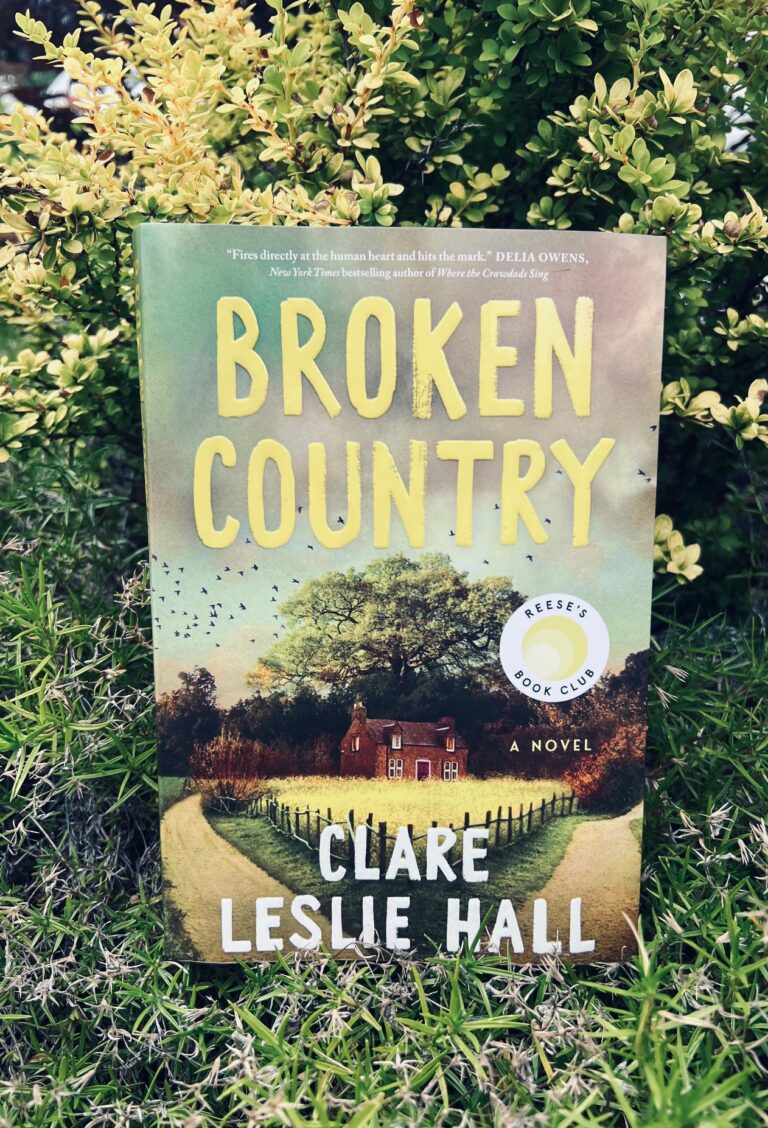Book Review: Welcome to the Circus by Rhonda Douglas
Short stories! What a refreshing change from the every day novel that we so typically read, and what’s even better, you can pick it up and put it down without feeling guilty. So, basically, they are perfect for parents with newborns, whose moods can change between page turns!
 I don’t just love Rhonda Douglas‘s collection simply because they are stories: they are also fun. Whimsical is probably the perfect word for Welcome to the Circus, her first book of short stories. What do you think of, when the word circus comes up? For me, a ‘collection of oddities’ is a phrase that comes to mind immediately, and the premises that make up these stories is a perfect example of that. Some of the characters find themselves in very realistic situations (a teenage boy who cuts himself for instance), while others struggle with situations we wouldn’t necessarily find in the every day: a woman who works at a museum is charged with taking care of a living neanderthal that was unearthed near Drumheller while the exhibit space is prepared for him to move into. As you can see, there is a wide variety of themes going on here, which is another reason why I enjoyed this book.
I don’t just love Rhonda Douglas‘s collection simply because they are stories: they are also fun. Whimsical is probably the perfect word for Welcome to the Circus, her first book of short stories. What do you think of, when the word circus comes up? For me, a ‘collection of oddities’ is a phrase that comes to mind immediately, and the premises that make up these stories is a perfect example of that. Some of the characters find themselves in very realistic situations (a teenage boy who cuts himself for instance), while others struggle with situations we wouldn’t necessarily find in the every day: a woman who works at a museum is charged with taking care of a living neanderthal that was unearthed near Drumheller while the exhibit space is prepared for him to move into. As you can see, there is a wide variety of themes going on here, which is another reason why I enjoyed this book. 
The wide range of genres demonstrated in Douglas’s writing is a great testament to her talent. Not everyone can include fantastical elements in an otherwise down-to-earth collection, but she does it seamlessly without any abrupt suspension of disbelief. I’ve found that other cultures do this quite well (Mexican writers in particular do this quite often, which is known as magic realism), but Douglas takes this a step further, and weaves these elements into her tales without the reader even noticing. So, one step further than magic realism, I would argue.
I’ve read a lot of short story collections because I truly enjoy them, and believe they don’t get the recognition they deserve. But Welcome to the Circus is unique because it includes so many different elements: humor, fantasy, sex, empathy, and mystery. “La Republique de France v. Mata Hari” in particular is an important story to mention. It essentially describes and quotes a correspondence between the famous Mata Hari, and a man who was married to another woman, as told by the man’s son. A fascinating piece of history to be sure, but what makes it more interesting is the way it’s told in epistolary format.
So as you can see, Douglas employs a whole bag of tricks here to keep her readers reading, and it works!





